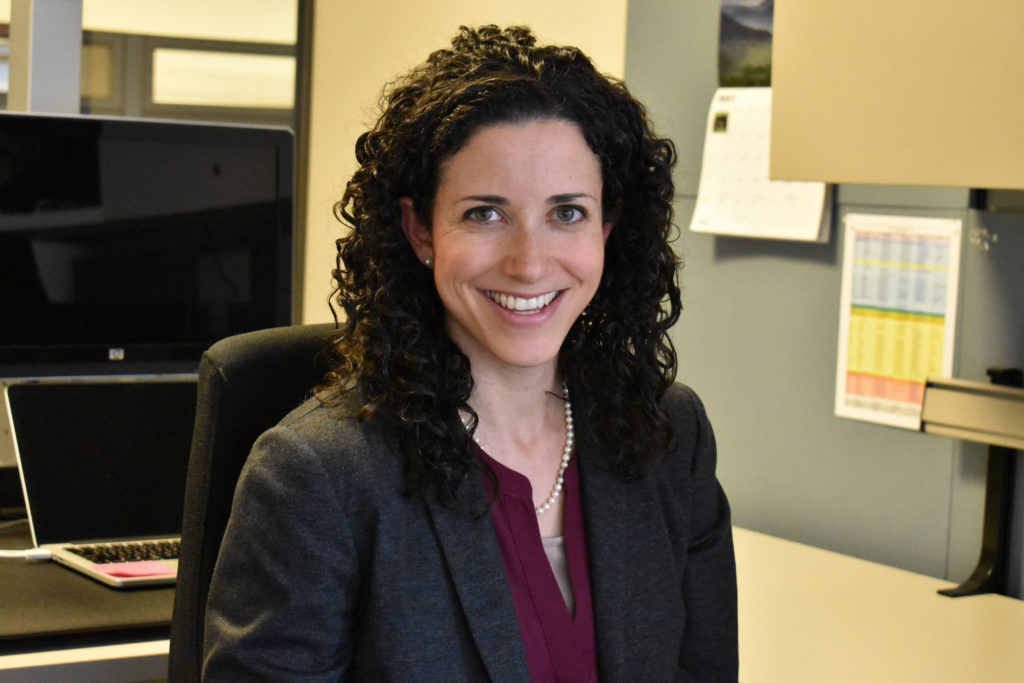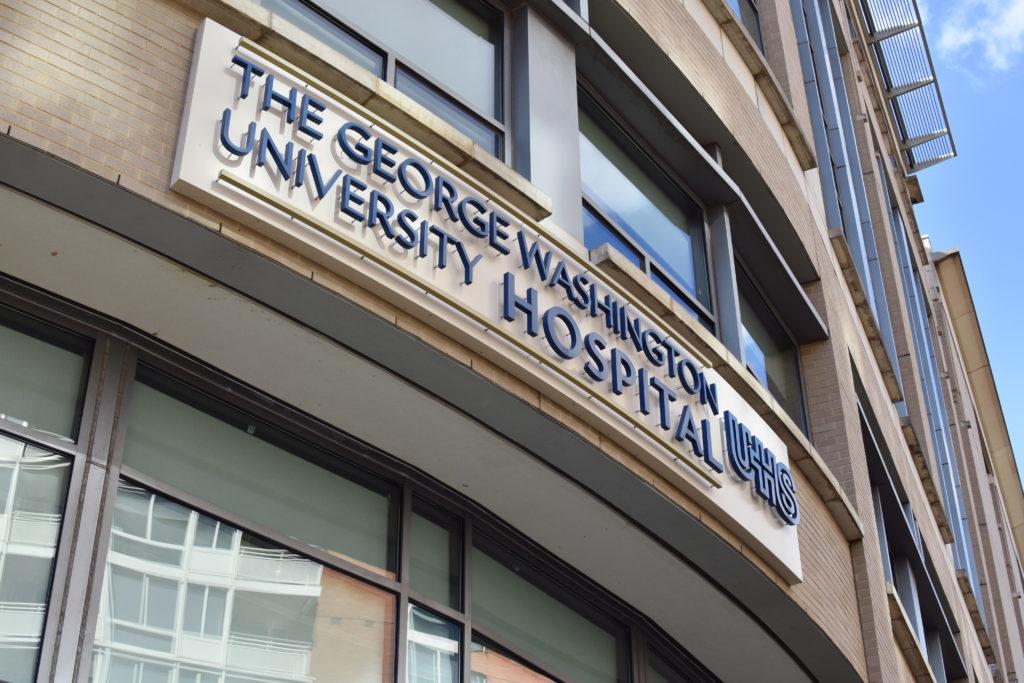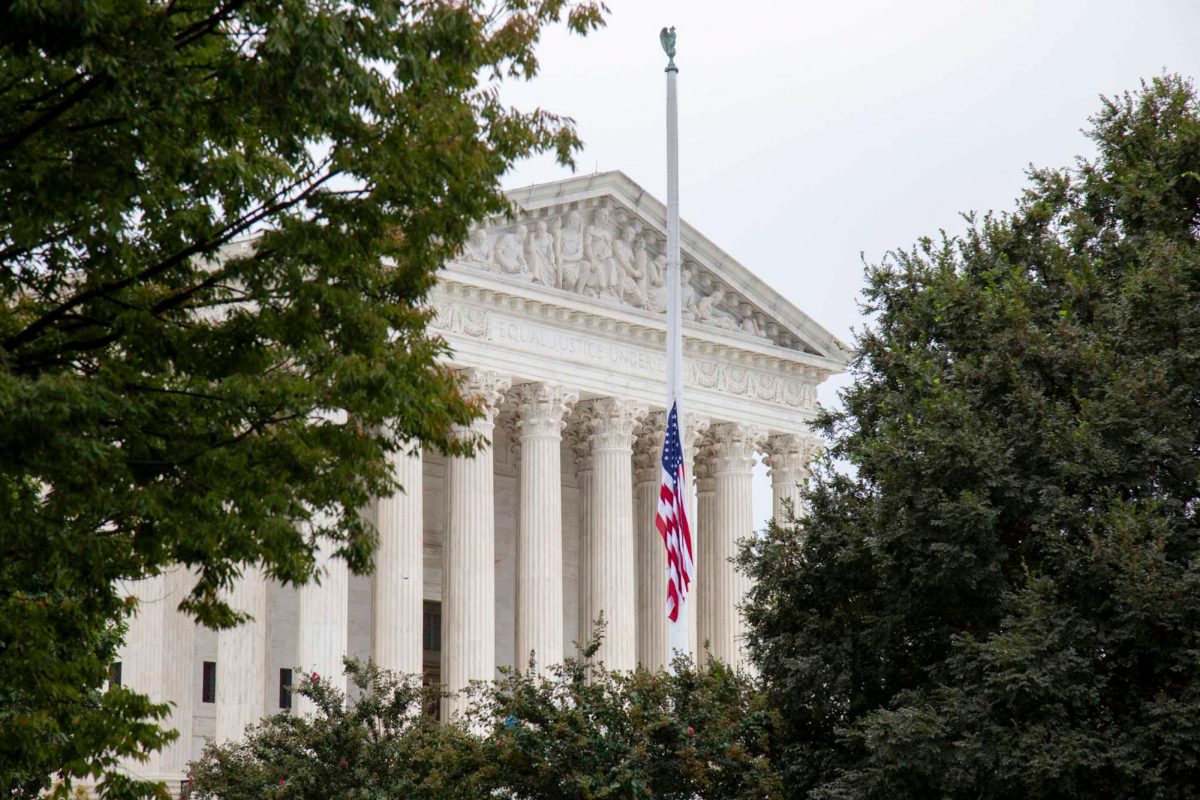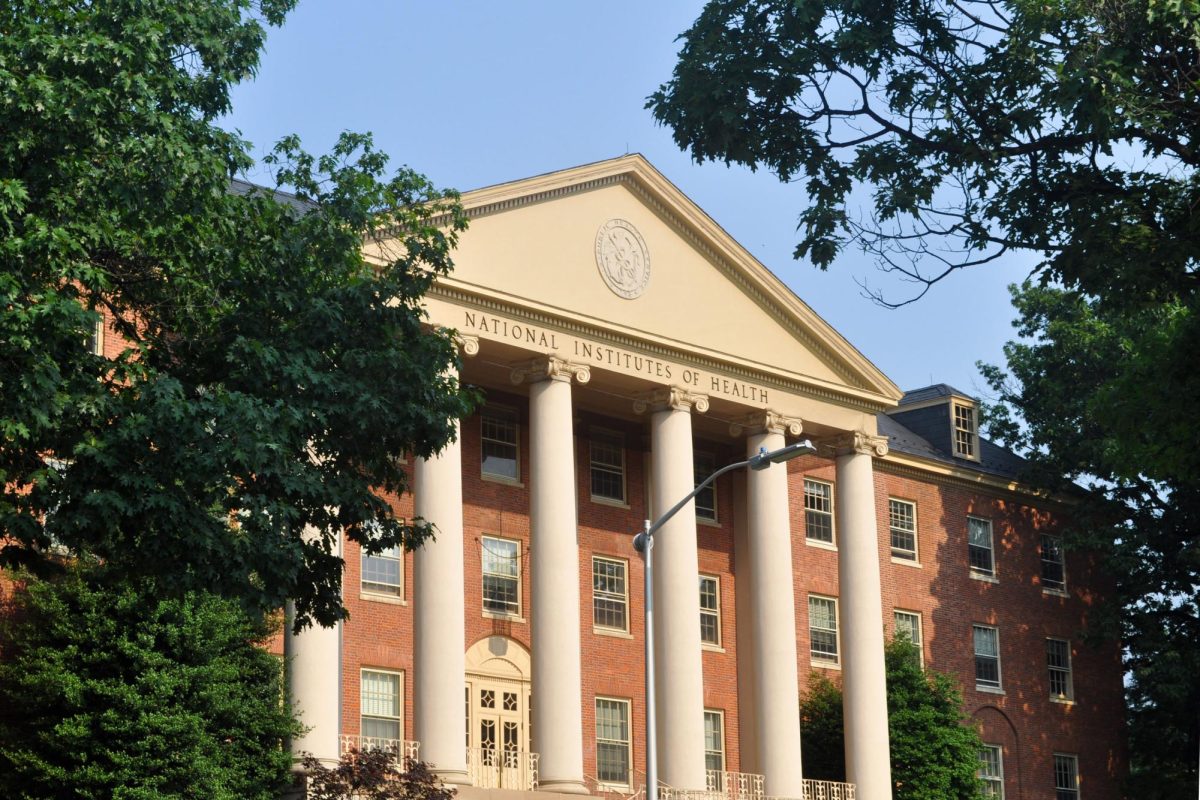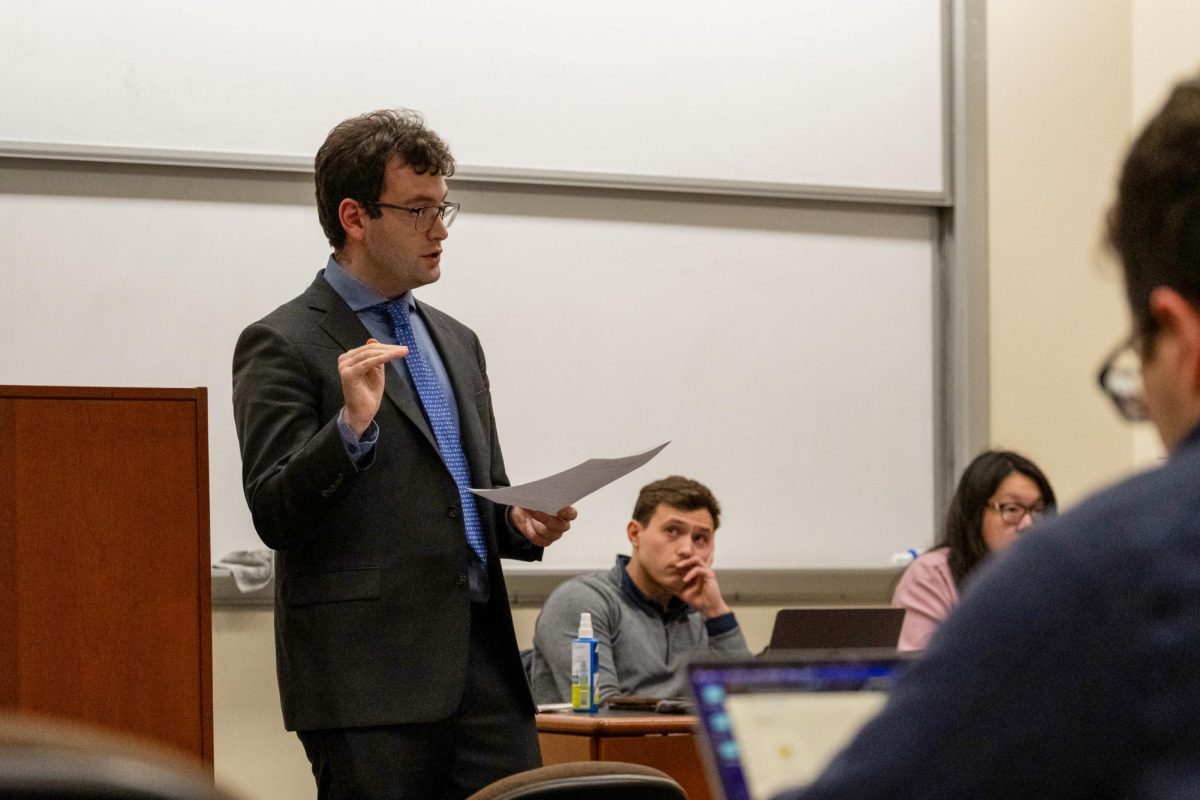Researchers in the Milken Institute School of Public Health received a grant to study the impact of social distancing measures on air quality, according to a public health school release Wednesday.
Susan Anenberg, an associate professor of environmental and occupational health, and research scientist Daniel Goldberg will use the one-year grant from NASA to study satellite data and estimate the amount of air pollution following worldwide COVID-19 shutdowns, according to the release. Anenberg said air pollution can worsen health outcomes for COVID-19 patients and exacerbate other conditions like asthma, and the study will help officials gauge how shutdowns in cities around the world are affecting air quality.
“In the short run, this information is critically important as it will help public health officials warn people about exposure to unhealthy air, especially during a surge in COVID-19 cases,” Anenberg said in the release.
Anenberg and Goldberg will serve as co-principal investigators for the project and will collaborate with organizations like NASA and the International Council on Clean Transportation, according to the release.
Anenberg added that the pandemic could act as a “natural experiment” that could help researchers determine what policies most effectively contribute to cleaner air.
“This research might point to greener forms of transportation or public policies that would lead to cleaner air, not just during the pandemic but for years to come,” Anenberg said.
Preliminary satellite data showed significant decreases in traffic-related air pollution in China and northern Italy in the wake of shut-down orders, but some U.S. cities – like D.C. – have experienced a smaller reduction in pollution levels, the release states. The research team will examine how factors like temperature, wind and sun angle affect smog levels, according to the release.
“Air quality is impacted by a number of factors, including weather conditions and the types of vehicles on the road,” Goldberg said in the release.


